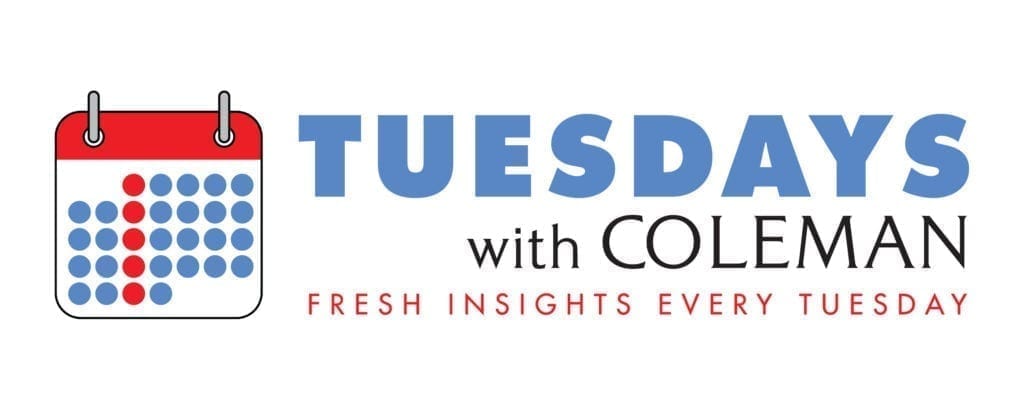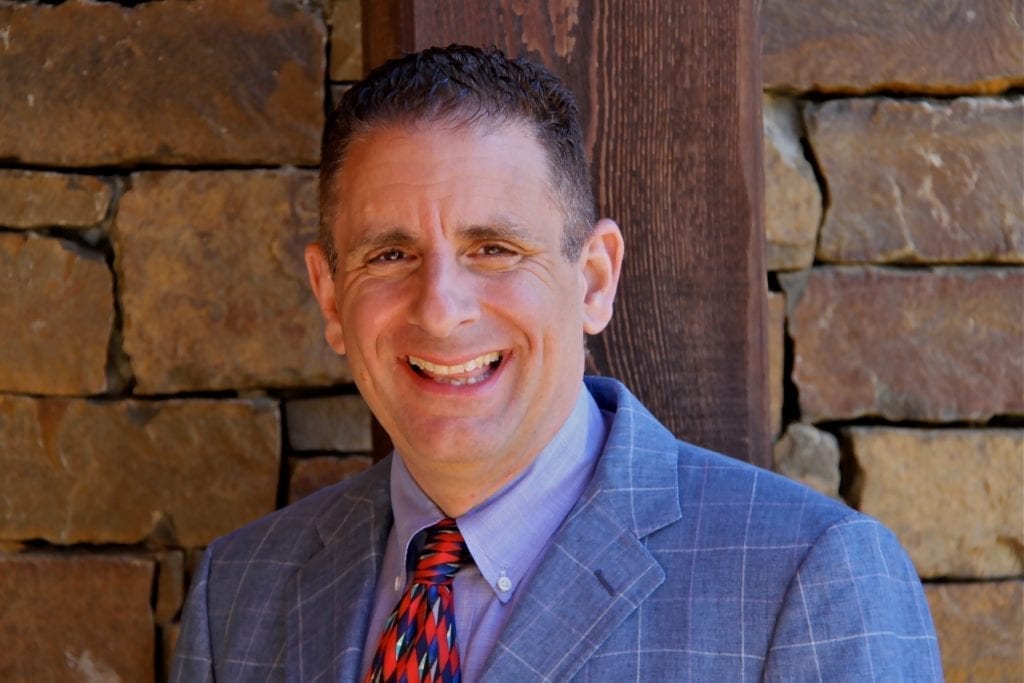
Two years ago, our Vice President of Research Operations David Baird wrote a blog post called, “Harley-Davidson Has More Problems Than Tariffs.”
Published in July 2018, it would become one of the five most-read Tuesdays With Coleman blog posts of that year. But the remarkable tale of that post was how it gained popularity with time. When we calculated the stats at the end of last year, “Harley-Davidson Has More Problems Than Tariffs” was the most-read post of 2019.
The Harley-Davidson blog post is about a brand that has struggled to evolve and maintain relevance. When a company makes attempts to evolve, it often violates the brand (e.g., introducing an electric motorcycle under the Harley-Davidson name when your brand is known for big, loud fuel-injected bikes). Last week, Personality Coach Steve Reynolds shared “How Harley-Davidson Killed Itself,” a video posted less than a month ago by a Canadian motorcycle blog that already has close to two million views. It offers a number of reasons for the company’s struggles, including some misguided attempts at evolving due to brand violations.
Steve works with morning radio talent, most of them established shows with deeply ingrained audience perceptions (like Harley-Davidson). As Harley-Davidson attempts to keep younger consumers engaged and interested, David’s blog post and video inspired Steve to share how he works with shows to remain relevant, including to people younger than themselves.
Here are Steve’s thoughts:
Will Harley-Davidson be successful in converting a younger audience to buy cheaper, faster, environmentally-friendly bikes? Most importantly, can a heritage brand known for something different effectively evolve?
It worked for Netflix–they seamlessly transitioned from DVD-by-mail to streaming dominance.
It didn’t work for Kodak–though the once dominant leader invented digital photography, it could not shift past its image as a traditional film company.
All radio talent will inevitably “age out.”
Any talent’s center of relevance stays the same. I will always be a child of the 70s.
That’s informed by my year of birth and formative years. To stay relevant, I must be inquisitive enough in life to gather a take on whatever is going on now because the audience wants to be connected to them, too. That I don’t personally care for The Bachelor doesn’t disallow me to have a working knowledge and take on it. I can only get that by experiencing it. Ditto every other relevant topic. The work of every talent is to be curious enough to fall down the rabbit hole of news articles, TV stories, YouTube videos, etc. on every topic to twist and turn their perspective.

Personality Coach Steve Reynolds
In the case of one major market Contemporary Hit Radio (CHR) show I work with, I used to always remind the principal talent that I’d get concerned if I heard them talking about college visits with their kids on the air. Why? Because the typical disconnect would happen with the core audience. Younger demos would say, “I cannot relate to these people because they’re my parents.”
The show hosts just celebrated their 20th anniversary together and continue to add relevant brand depth to the station because they’ve added fresh perspectives to the topics of the day from people in the demo – by using callers, interns, and new cast members – which has allowed them to just be themselves. They’ve actually heightened the show’s age relevance because of these strategic decisions.
Many shows I work with admitted to their audience when discussing the recent protests that they cannot understand the African American experience because they were White – that vulnerability defined them. Then, one invited on their show a Black pastor just so they could learn and listen. I found it to be immensely powerful and relevant to the moment. It never got political, but was always human, real, and moving. It was deeply relevant on that day.
Relevance is this elusive term that means: we’re about what’s happening now. It’s why you see so many brands aligning themselves with messaging that parallels whatever is happening in the current news or pop culture cycle.
The goal for every talent should be to find interesting angles that inform them, from which they develop a perspective based on more than a tertiary knowledge about something because they saw it on their Facebook page.
If you want a brand and talent at their peak of relevance, especially for talent who’ve been around a while, don’t let them off the hook with poor excuses like “our audience isn’t into that” or “I don’t personally care.” For connection, we all must dig deep to learn and read about the “now topics”, both silly and serious, if we’re ever going to bond with listeners to have a substantial relationship with them so they come back every day because they cannot get that connection and humanity anywhere else.
But what about the brand? Perhaps why, despite their recent innovation, Harley-Davidson is struggling is because they waited too long to pivot. If you release a bike that looks like a Ducati, rides like a Ducati and is even technically better than a Ducati, it doesn’t matter–Ducati was first and owns the image. Harley’s path to victory is immensely more challenging because they weren’t first.
Kodak may have been able to pivot to digital photography (Kodak invented the digital camera in 1975!) but was afraid to cannibalize its film business and waited too long, allowing Japanese competitors to win the image.
Netflix, on the other hand, pivoted early, becoming the streaming leader before any other brand could.
The key for the evolution of talent and the path to remaining relevant is always to recognize what’s relevant in every moment, bring in other players with perspectives that mirror the audience, and remain vulnerable and honest.
